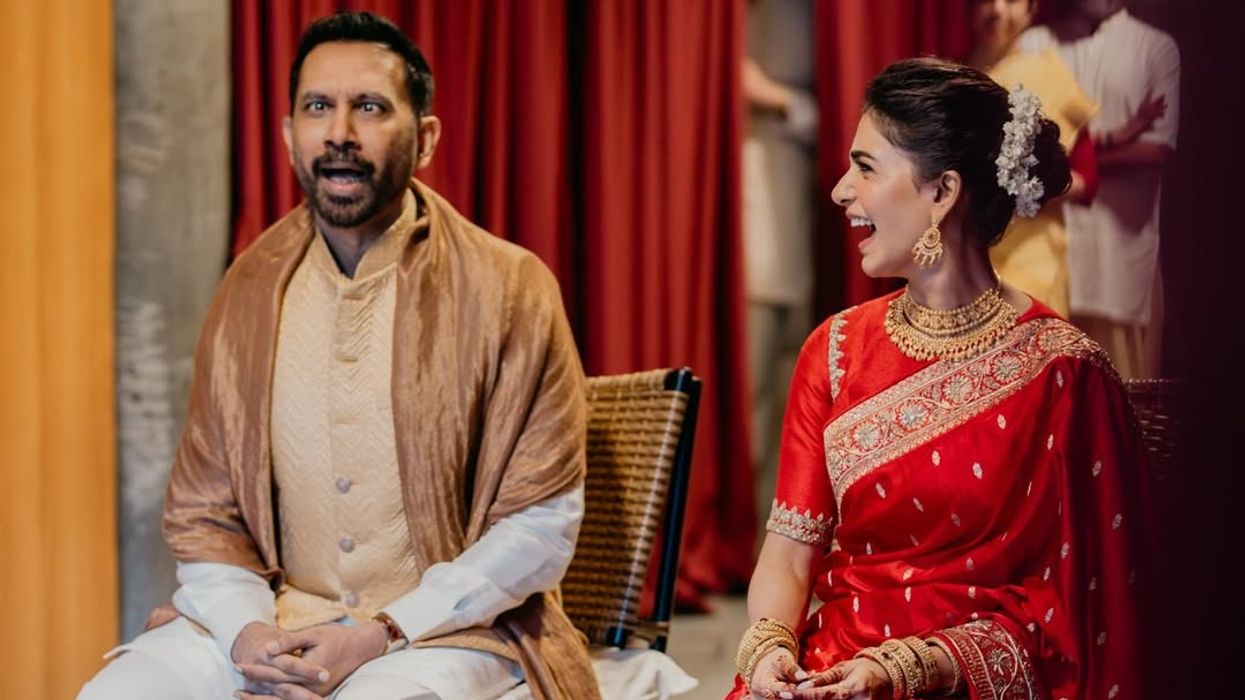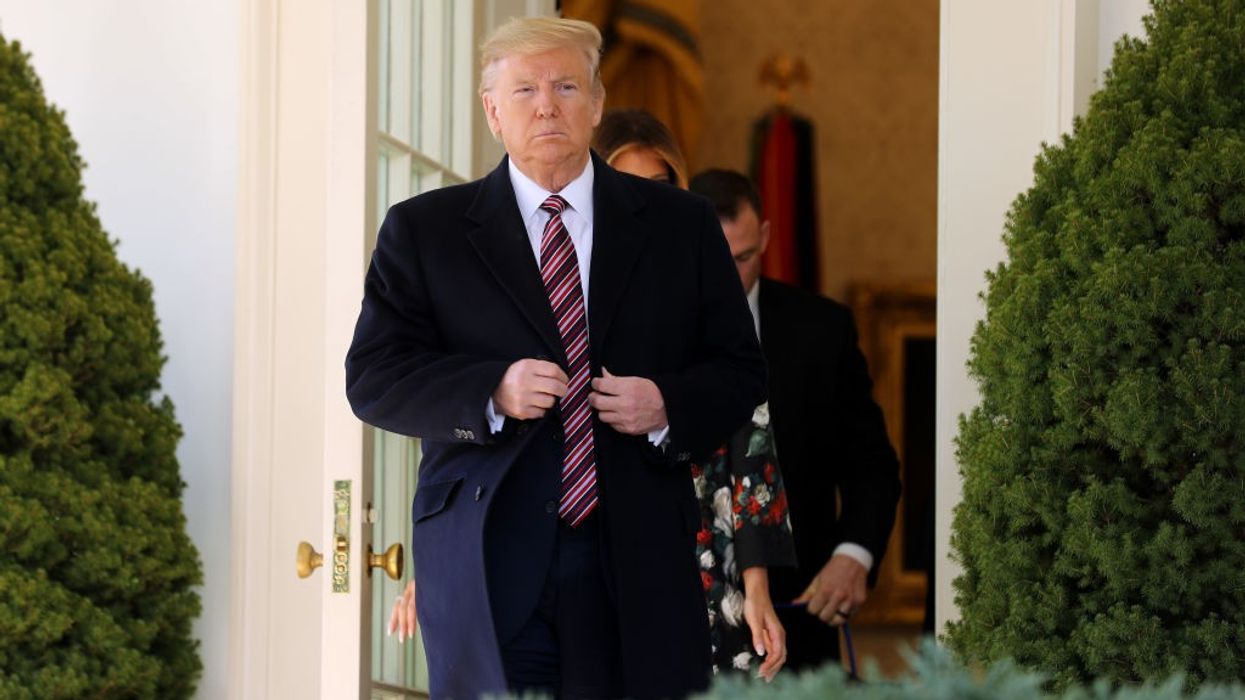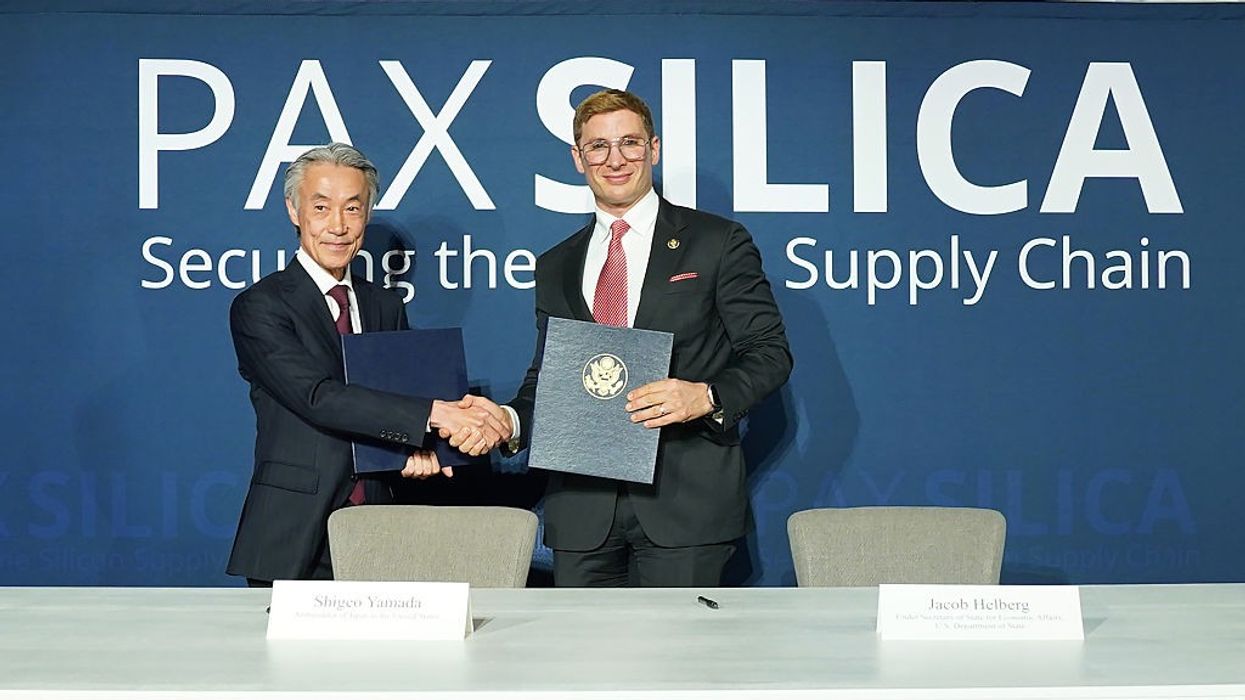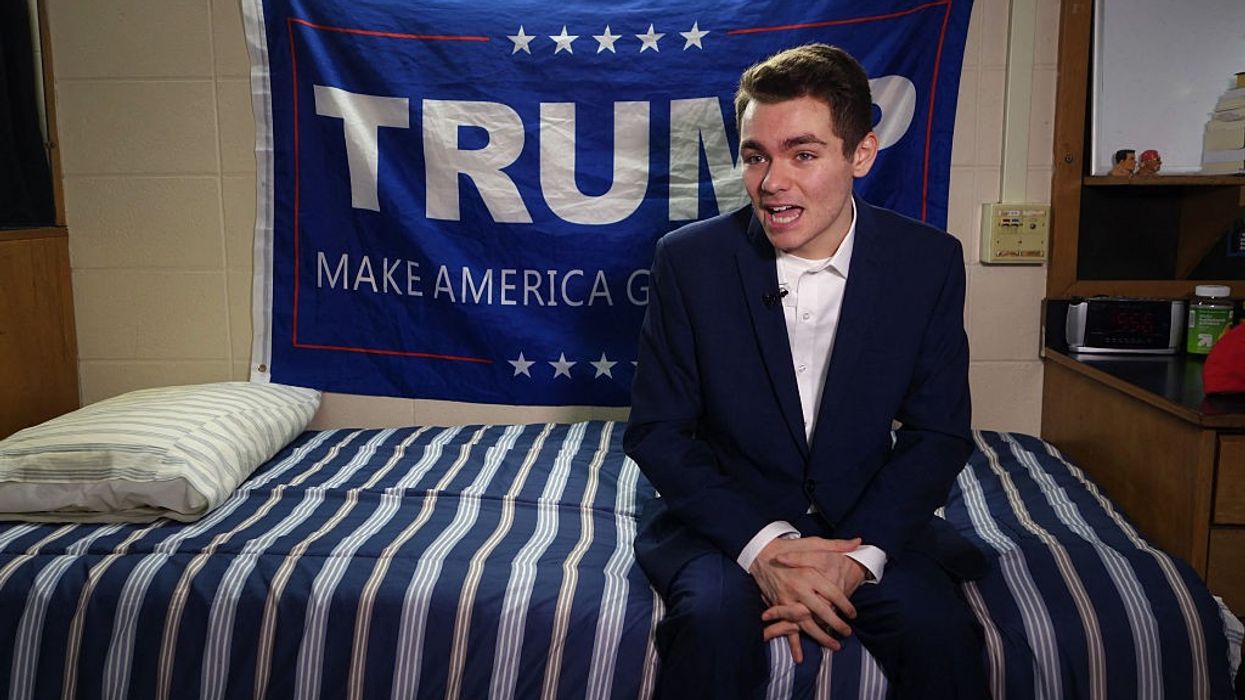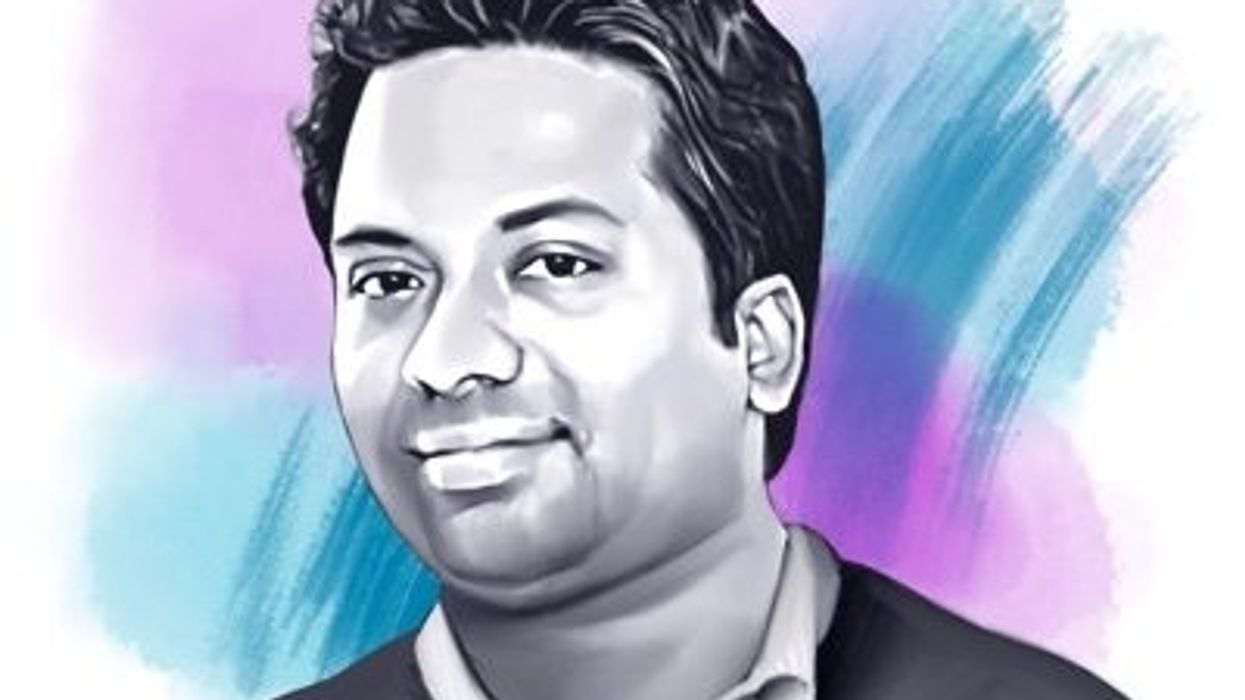During his address to the Indian diaspora in Boston on Sunday (20), Leader of the Opposition in Lok Sabha and senior Congress leader Rahul Gandhi reignited controversy by alleging that the Election Commission of India (ECI) is "compromised" and that the Indian electoral system is fundamentally flawed. His remarks, made as part of his ongoing US visit, stirred political debate both at home and abroad.
Speaking to a large gathering, Gandhi questioned the integrity of the voting process during the Maharashtra assembly elections, citing what he called “statistically impossible” voter turnout data.
“More people voted in Maharashtra than the total number of people in Maharashtra, and this is a fact. The Election Commission gave us a figure around 5:30 pm, and by 7:30 pm, 65 lakh more votes were recorded. That’s physically impossible,” Gandhi claimed.
He went on to say, “It’s very clear to us that the Election Commission is compromised. There’s something very wrong with the system.”
This isn’t the first time Rahul Gandhi has questioned the credibility of India’s electoral watchdog. He and several opposition leaders have repeatedly alleged manipulation of electoral rolls and bias in the functioning of the Election Commission.
In response to similar earlier claims, sources within the Election Commission had told ANI that such allegations were baseless. The Commission clarified that the Special Summary Revision (SSR) process, conducted annually to update electoral rolls, had seen minimal contestation in 2025.
Officials highlighted that during the latest SSR, only 89 appeals or objections were filed in Maharashtra—despite over 13.8 million Booth Level Agents (BLAs) being deployed across India to ensure transparency. Under Sections 22 to 24 of the Representation of the People Act, voters can challenge or correct entries in the rolls. The low number of corrections, officials argued, reflected the accuracy and transparency of the process.
“The SSR ensures the inclusion of new voters, removal of deceased individuals, and correction of duplicates. With such a low number of appeals, the final electoral rolls should be considered largely undisputed,” sources stated.
In addition to his concerns over the election system, Gandhi also addressed India’s evolving relationship with the United States, expressing hope for continued bilateral cooperation.
“We have a partnership with the US, and hopefully we will continue to work together,” he said, underlining the importance of the diaspora in building bridges between the two nations.
He thanked overseas Congress supporters for their continued engagement: “You believe, you listen to other people, and you respect them. This is what runs in the Congress party and in our family. Thank you for carrying the flag here—it’s a very powerful thing to do.”
Rahul Gandhi is also scheduled to deliver a lecture at Brown University on Monday, part of a broader international outreach that has seen him engage with universities, think tanks, and diaspora groups in recent years. His remarks in Boston are expected to echo in Indian political discourse in the coming weeks as the country prepares for upcoming state and general elections.


